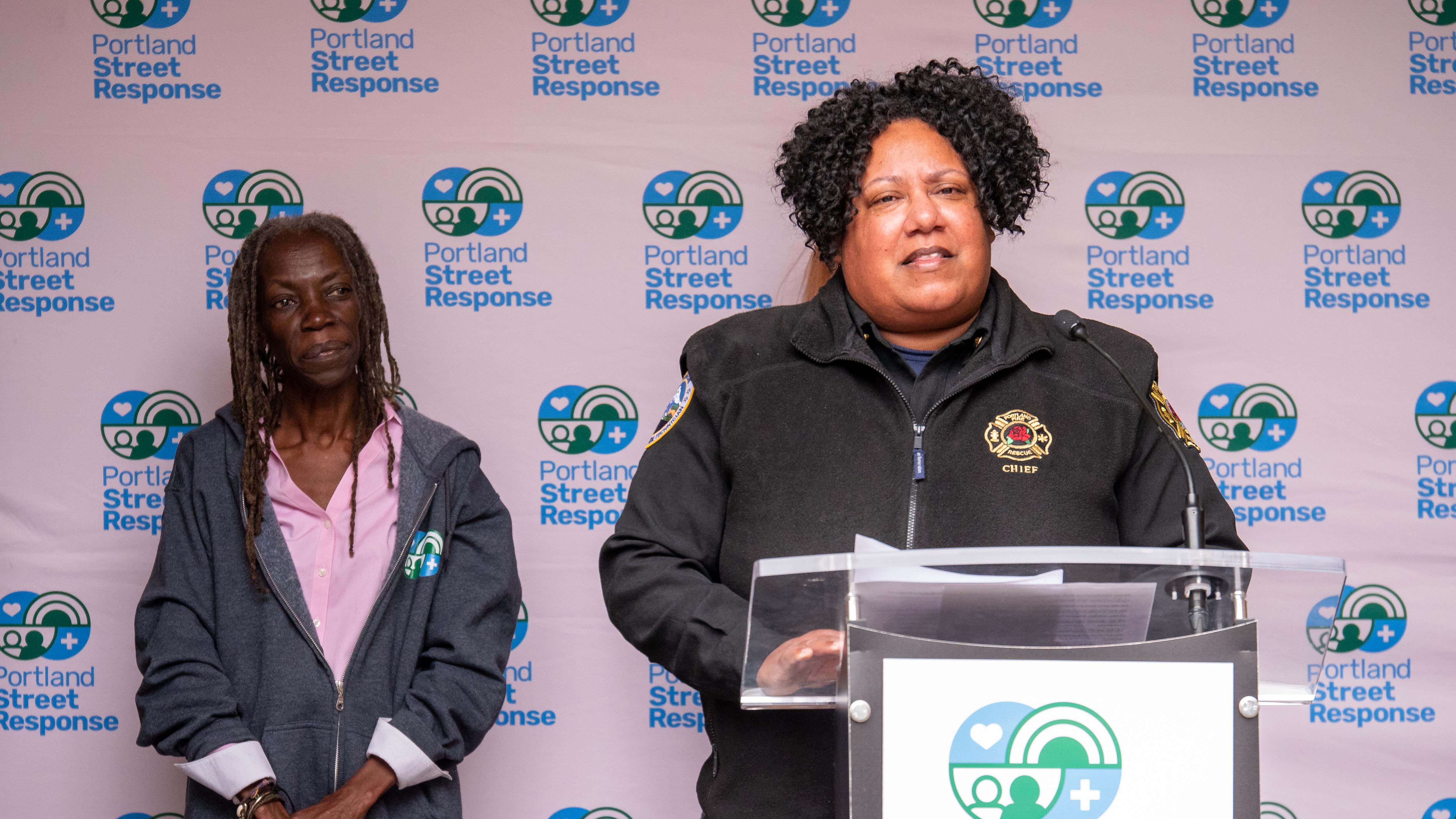Portland City Auditor Mary Hull Caballero on June 29 released a blistering look at the city’s second-largest general fund bureau, Portland Fire & Rescue.
The focus of the 27-page audit is not how well the bureau extinguishes blazes or provides emergency medical treatment but rather whether it has an effective system for holding its more than 700 employees accountable. The short answer, according to the audit: It does not.
“The fire bureau has set laudable goals but will struggle to meet them without a transparent and credible employee accountability system,” Hull Caballero said. “Firefighters of color, women, and those who identify as LGBTQ+ have earned their place in the bureau. Portland risks losing their continued service if their workplace is viewed as one of favoritism rather than fairness.”
Although Fire Commissioner Jo Ann Hardesty has made big changes since taking over the bureau in 2019, including hiring Chief Sara Boone, the first Black woman to lead the bureau, the audit notes that as of 2021, 89% of the bureau’s employees are white and 79% are male.
The bureau’s insular culture was a big part of the 2018 Portland State University report, which the audit summarized as finding “some women and people of color in the Bureau feel alienated in the white-male dominant environment, and the family-like culture allows some employees to behave unprofessionally in the workplace.”
The audit found that the bureau has done a poor job of bringing employees into compliance with the conduct the city expects of other employees.
“The bureau does not have a coherent employee accountability system, which is an essential component of any healthy workplace,” the audit says. “It has not offered recommended training on interpersonal communication and conflict resolution or ensured that employees attend the city’s mandatory training on prohibited conduct. The bureau also has not established clear and well-communicated processes for filing complaints, conducting investigations, and imposing discipline that employees trust.”
Employees the auditors interviewed “viewed investigations as inconsistent, unfair, and slow,” the audit says. “The bureau’s discipline process was also not predictable or transparent, causing employees to believe that discipline was not fair.”
It’s beyond slow: Even in those cases where a complaint results in discipline, it takes on average 119 days for the discipline to be handed down.
The auditors also found that the bureau does a poor job of keeping records.
“We could not verify the consistency of supervisors’ handling of complaints because the Fire Bureau did not document them, and Human Resources tracked complaints only if they resulted in an investigation,” the audit says. “Without complaint data, the bureau’s also missed an opportunity to identify trends, workplace risks, and training needs.”
One shortcoming in the audit: While it describes numerous process failures on the fire bureau’s part, it provides no real-world examples of incidents or misbehavior that managers mishandled.
In her response to the audit, Chief Boone pledged to tighten up her bureau’s management, although she also said the 2018 PSU report upon which the auditors based some of their assertions is out of date.
“The PSU study is old and much has occurred in the intervening years since it was commissioned – PF&R has had significant leadership change at the executive level, COVID has irrevocably changed the culture of PF&R and the City, the relationship employees have with their workplace is very different than three years ago, and the priorities I have upheld and promulgated since I became chief have been those of transparency and accountability,” Boone wrote.
Boone added that the bureau had beefed up training and will implement a new professional standards unit to increase accountability. “We will also work with our partners and stakeholders, including Portland Firefighters Association, to develop a more transparent and objective discipline matrix that is in alignment with industry best practices and the City’s core values,” Boone wrote.
Fire Commissioner Hardesty, who has long battled Auditor Caballero, did not respond to the audit, although a Hardesty aide, Derek Bradley, says Hardesty’s office worked closely with the bureau on its response.
Hardesty is out of town and could not be reached for comment.
